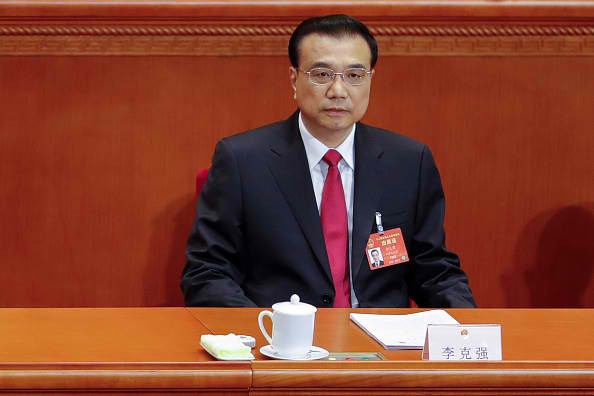According to Richard Yetsenga, Australia and New Zealand Banking Group's (ANZ) chief economist, China's economy is slowing down either in the middle or latter part of this year, Bloomberg reported.
"I suspect through the middle part and the latter part of this year, China will start to slow [down] because liquidity is being tightened," he remarked as he spoke on "Bloomberg Daybreak: Australia."
Yetsenga's remark came after Premier Li Keqiang reported on Sunday that China has set a 2017 growth target of "around 6.5 percent, or higher if possible."
China is downplaying its target as it eyes to maintain a rather prudent and neutral monetary policy while implementing a fiscal counterpart that is proactive.
The top officials of the National People's Congress, who convened on Sunday as NPC 2017 kicked off, noted that they are tolerating the relatively lower China economy forecast to give way in introducing reforms that will answer the country's debt issue.
In 2016, the world's second-biggest economy has seen increased government spending, giving lawmakers worries about high debt levels. Though the economy grew by 6.7 percent last year, which is within that target range of 6.5 percent to 7 percent, the statistic was the lowest it attained in the past 26 years.
In a Reuters article, it was reported that for 2017, China would have to depend on private investments as well as domestic consumption to achieve its target economic growth.
Apart from the GDP growth, Li also revealed other figures that the government is aiming for this year, including an M2 money supply growth target of 12 percent (down from last year's 13 percent), a consumer price index target of 3 percent, and a fiscal budget deficit ratio goal of GDP's 3 percent.
Li further reported that "the RMB exchange rate will be further liberalized, and the currency's stable position in the global monetary system will be maintained."
Apart from Li's government work report, the annual gathering of the NPC and the advisory body, Chinese People's Political Consultative Conference, also included reports from the Ministry of Finance and the National Development and Reform Commission.



























